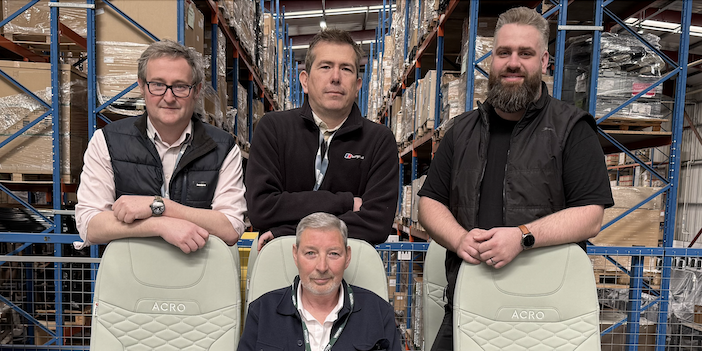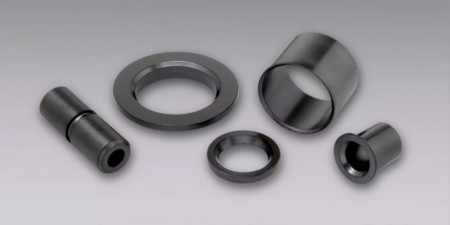Sustainability is one of the biggest issues being tackled in aircraft interiors today, and one of the latest advances is a claimed proof of concept that economy-class seats can be recycled to form part of a true circular economy. The work is the result of a collaboration between Acro Aircraft Seating and the Aircraft Interior Recycling Association (AIRA), which have been working together on the project for three years.
Acro and AIRA have devised and created a Component Recycling Manual (CRM), which combines component part numbers with a unique AIRA recycling code, enabling easier identification and separation of parts into specific material groups.
As part of the programme, AIRA has audited Acro’s Series 9, 6 and 3 seat models and disassembled them for recycling. This work helps ensure that when these seats reach the end of their service lives, the materials they are made of can be separated efficiently and then recycled effectively. Providing uncontaminated materials for recycling is one of the key steps in building a closed-loop supply chain.
Al Roots, Acro’s chief industrial designer, said of the progress of the project: “It is really exciting to see the building blocks for a fully closed-loop supply chain go into place. I would say that we are now around three-quarters of the way there.
“Some materials have already entered the circular economy. However, to significantly reduce our emissions in production we must become less reliant on virgin material and use recycled material that is certified.
“This is why the work by AIRA is so important,” Roots added. “We now know the AIRA Q system works. The aviation industry now needs to create demand for these materials so they can be incorporated into future products.”
The AIRA Q qualifying system is a certification system for the aircraft interior material supply chain that holds data on materials that have been thoroughly tested for recycling and sustainability.
Tony Seville, director of AIRA, added: “It has been great to work with Acro on proving the concept of this system. It has been such a positive experience to work with a company who had the foresight to fully commit to engineering and designing seats so that when they come to the end of their flying lives, they won’t head to landfill.
“Thanks to the work and innovation of Acro, they have helped us prove that our system works and design a CRM that will help with the recycling of the seat parts. We are now making great progress in creating the demand for the materials from the seats. It’s a really exciting time, as together we are creating a true circular economy for aircraft seating,” stated Seville.
He added that Acro has “invested time, money and materials into working with us to get us where we are today, and I believe that we aren’t far away now from creating an aircraft interior circular economy.”





